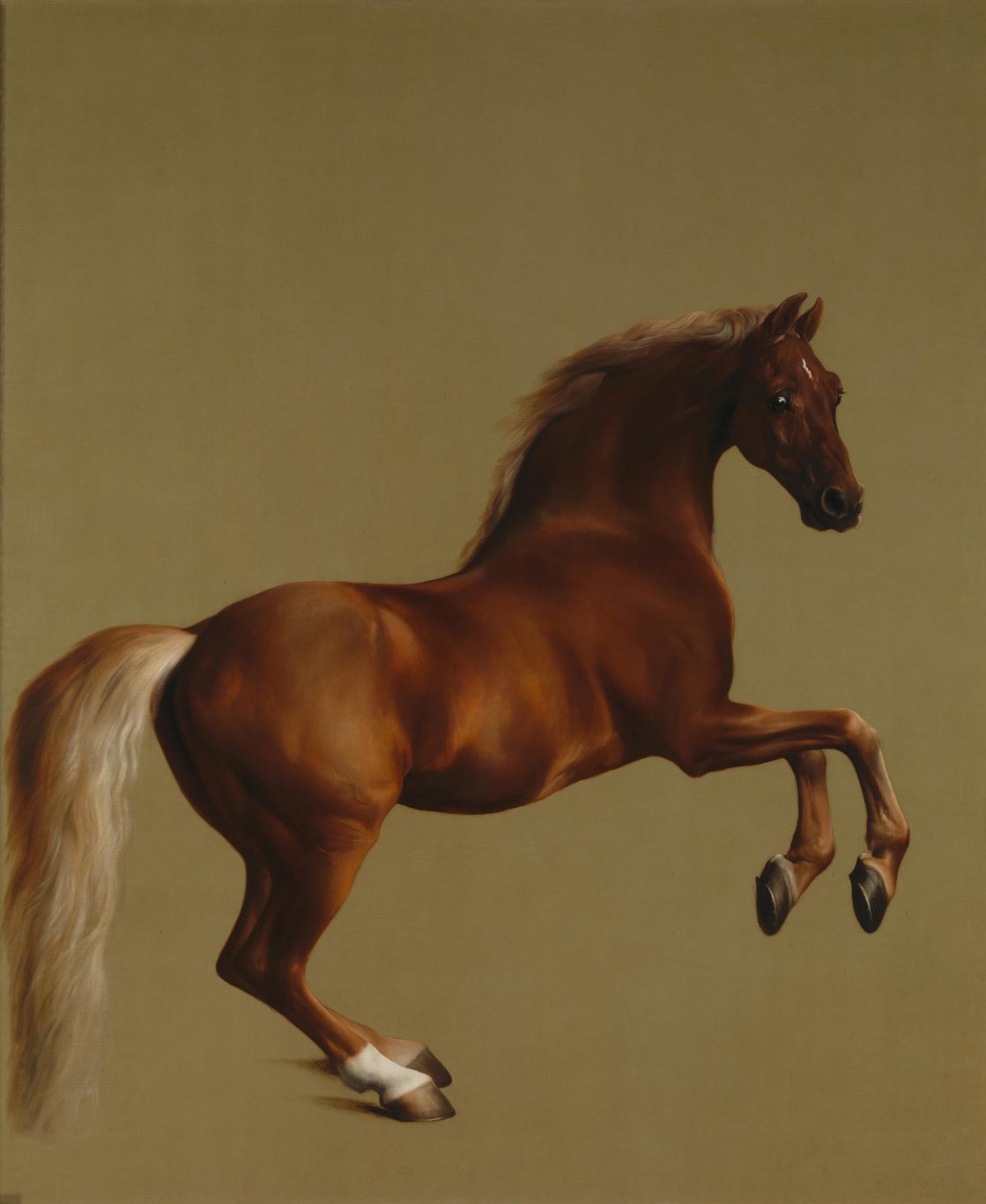At Length
literature that looks good on a laptop

PoetryMay 19, 2024
“Everything only connected by ‘and’ and ‘and’”: On Elizabeth Bishop and Disappointment
In prose that’s erudite and accessible, former Editor-in-Chief of At Length, Jonathan Farmer, explores why “[s]o many of Elizabeth Bishop’s poems end with something audibly, willfully unsatisfying.” Covering Bishop’s career from “The Map” (1946) to her late elegy for Robert Lowell, “North Haven” (1977), Farmer’s claim will send you back to Bishop’s poems with new eyes.

PoetryFebruary 16, 2024
Whistlejacket
“[W]hat am I to do / about beauty, about / my fear that beauty // has made me arrange / every experience in a word / and image too neatly // for them to bear / much semblance to life,” Paisley Rekdal asks in this confessional, ekphrastic poem written in response to George Stubb’s famed painting of an Arabian thoroughbred, “Whistlejacket” (1762), on view at the National Gallery in London.

PoetryFebruary 9, 2024
Sarracenia
“[H]ow do they bear this heat Who / knows who can say what will change,” Joanna Klink writes of this poem’s eponymous plant, also known as trumpet pitchers, as she explores our climate crisis and her relationship with her father in language that is both colloquial and catastrophic, meditative and urgent.

PoetryApril 11, 2023
Three Weeks
“I am going to try to write / A little. // I have nothing at stake but my life.” In Dawn Potter‘s sequence, a 19th century woman alternates between diary entries and poems, trying to make sense of her life, her obligations, her hunger for holiness, and a feeling of disaster or deliverance just out of view.

PoetryApril 10, 2023
Small Essays on Disappearance
“All / my life sacrificed to the arrogance of cities, / their empires of skin.” A child, a city, a scar, wealth, music, memory, and identity consort in a swift series of lyrics from J. Mae Barizo.

PoetryAugust 15, 2022
Tarot/Death
“I have to invent him as a little boy / because loving him was grief-stained. // Because living with him was like— / and here I give you a house full of bees.” From Mariah Whelan, a story of violence, legacies, grief, and survival.

PoetryJune 23, 2022
Irma
“When I say ‘te amo,’ I bend a border to you.” Shifting from word to image, language to language, scene to scene, Paul Hlava Ceballos assembles a portrait of his mother from contested memories, amid ongoing erasure, and in honor of her lifelong work of making a life for them.
PoetryMay 1, 2022
Nonnus of Panopolis’s Dionysiaca: Book 7
From a new translation of the longest surviving poem from Ancient Greece, the story of how Eternity pleaded with Zeus to create wine to ease human suffering, as well as the courtship of Zeus and the human Semele, which led to Dionysus’ conception. Translated by Christian Teresi.

PoetryMarch 6, 2022
Four Poems on Sally, Dick, and Jane
“Sometimes Dad naps on the sofa. / Pray is like play is like sleep. / I want to play, but I am on the outside. / This is how I learn to pray.” H.E. Fisher tells the story of a childhood in primers.

PoetrySeptember 27, 2021
The Cats of Old San Juan
“The cats are here because of the rats. / The rats are here because of the Americans. / The Americans were here because of the Spanish. / The Spanish were here because fuck the Spanish.” Combining the force of logic with bitter irony and sharp humor, a new poem from David M. de León tracks the confusions of Puerto Rico’s colonial past and present.

PoetryAugust 9, 2021
Three Dramatic Monologues
Three new poems from Matthew Buckley Smith present a medieval mother reckoning with forebodings of a new plague; Achilles, in an alternate history, looking back on a life in which he never went to war; and a contemporary woman refashioning her public humiliation.

PoetryJuly 18, 2021
Cicada Meditation
“the most isolated / simply settled anywhere, everywhere / else, making grass blades into cat tails, / sifting into the henhouse / like aliens hatched out of the blond / nesting boxes, / and infesting the feed, live mines. / They passed through our farm cats / almost whole.” A new poem from Chad Parmenter reckons with a legacy of fear and violence and alienation and faith that makes the past “less / a place than a crumpled map / where the coordinates wander.”

PoetryApril 20, 2021
Two Poems
“My mother was thinking of dying. I am thinking / of me as a kid in my room, listening late / to my mother pound down the stairs / in her nightgown again to my sister screaming / in terror again, terrified, my mother says, / of time.” In “The Jumblies” and “The One-Armed Man,” Daisy Fried confronts love, grief, parenting, war, and the intricate ongoingness of life.
Featured posts

Muscularity and Eros: On Syntax
“Possibly the most disturbing thing about prosody–but about syntax especially, because it involves choice–is its utter fidelity to our innermost–truer?–selves. We sing–and we are betrayed.”Carl Phillips maps the work of syntax through examples from Elizabeth Bishop, Robert Hayden, Tommy Pico, Shakespeare, Hemingway, Sharon Olds, Ed Skoog, Linda Gregg, and francine j. harris.

Two Visual Essays: American Sonnets for My Past and Future Assassin
After Terrance Hayes completed American Sonnets for My Past and Future Assassin, he found he had some remaining fragments and lines that yet “begged … for shape.” From them he has been making drawings.

